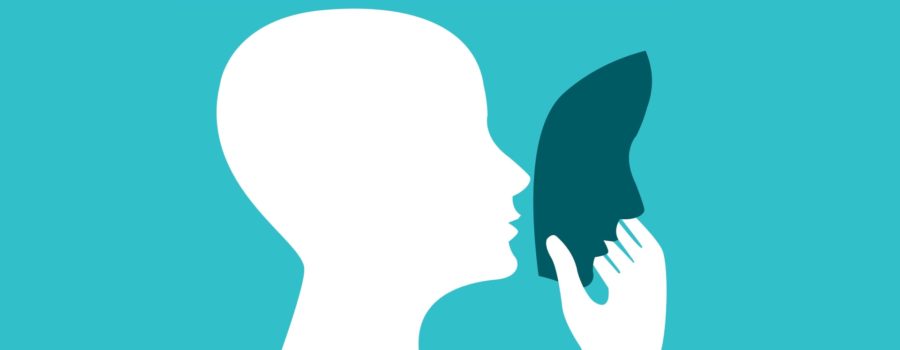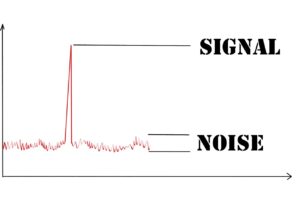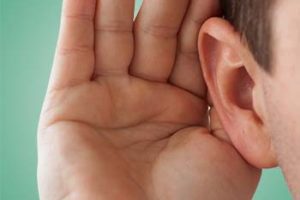Today the DON clinical trial was funded.
Almost two years ago, laboratory scientists who work for NIAID (National Institute of Allergy and Infectious Diseases) approached Dr. Terrie Taylor, the head of the Blantyre Malaria Project. They had been trying to find a drug to be used as adjunctive therapy (used in addition to standard treatments) for pediatric cerebral malaria. Through a complex process, they had identified a candidate drug, DON, as a possibility. The NIAID scientists had done a great amount of work in animal models but felt that DON was ready to be tested in humans. Dr. Taylor assigned this project to me. In order to test the drug in humans, we needed money.
The process of obtaining funds from the National Institutes of Health to perform clinical trials is both long and difficult (see “Paylines”). I worked very closely with the NIAID scientists and collected experts from several universities around the world to create what I thought was a strong grant application. On 16 January 2021, the day I received news that our grant would likely be awarded, I was momentarily elated. Soon, though, my happiness was replaced by dread. Now that my hopes and professional dreams were finally being realized, I was convinced that I had gotten myself in far over my head. I worried that, as the Principal Investigator of a large clinical trial, I would be a failure and let everyone down. Everyone would be disappointed in me. This professional pinnacle would turn out like the Hindenburg—carefully constructed, huge, and burnt to ashes.
I shared these feelings with colleagues. Many were unsurprised, saying they would likely feel the same way in my situation. Colleagues with more experience were less understanding of my feelings. More people who work in medical research never have the opportunity to head an important clinical trial. For many this is a career goal. How in the world could I feel this way?
Imposter Syndrome is an internal experience of believing that you are not as competent as others perceive you to be.
What I was feeling has a name, Imposter Syndrome. Imposter Syndrome is an internal experience of believing that you are not as competent as others perceive you to be. It is feeling like a phony—you feel as though at any moment you are going to be found out as a fraud—like you don’t belong where you are, and you only got there through dumb luck. (This definition is paraphrased from a website, VeryWellMind.) That was it!
For me, Imposter Syndrome was temporary. My feelings of insecurity soon gave way to happiness. I have an excellent team working with me on this project. None of them wants this project to fail. Everyone has my back.
Still, being a Principal Investigator has been different than I anticipated. Some weeks it is great. Part of my job is to apply to numerous agencies to get permission to perform the study. This is going well and early successes gave me confidence. We quickly obtained approval from the NIH itself as well as the ethics board (called an Institutional Review Board or IRB) of the Republic of Malawi. We still have a great number of hurdles to jump prior to recruiting our first patient in early 2022. Some of these hurdles are extremely high, appearing almost insurmountable. I suppose the key word is “almost.” We will get it done, whether we need to jump higher or chip away at the hurdle’s base until it falls.
How do I feel about being the Principal Investigator of a clinical trial today? Better. Some rapid successes gave me confidence that I am not an Imposter. I am the Real Thing with a team behind me, pushing me forward.






